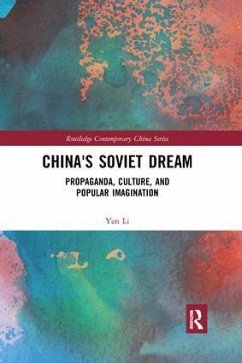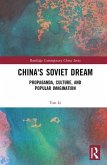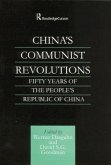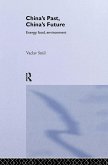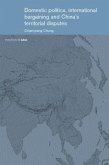This book examines the introduction of Soviet socialist culture in the People's Republic of China, with a focus on the period of Sino-Soviet friendship in the 1950s. The vast state initiative to transplant Soviet culture into Chinese soil has conventionally been dismissed as a tool of propaganda and political indoctrination. However, this book demonstrates that this transnational engagement not only facilitated China's broader transition to socialist modernity but also generated unintended consequences that outlasted the propaganda. Drawing on archival findings, newspapers, magazines, media productions, and oral interview, the book delves into changes in Chinese popular imagination and everyday aesthetics contingent upon Soviet influence. It proposes a revisionist view of the Soviet impact on China, revealing that Soviet culture offered Chinese people the language and imagery to conceive of their future as a dream about material abundance, self-determination, and the pleasures of leisure and cultural enrichment. Written with a transnational, interdisciplinary, and thematic approach, this book is aimed at scholars and students in the fields of Sino-Soviet relations, international socialism, modern Chinese history, cultural studies, and mass communication. It will also be of interest to researchers seeking to understand the nature, significance, and repercussions of Sino-Soviet cultural engagement.
Bitte wählen Sie Ihr Anliegen aus.
Rechnungen
Retourenschein anfordern
Bestellstatus
Storno

